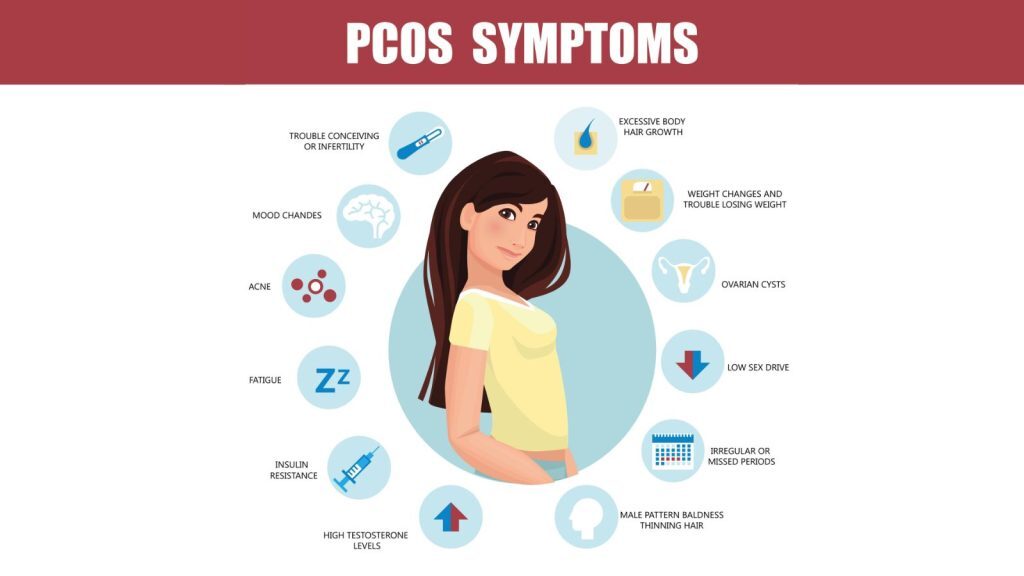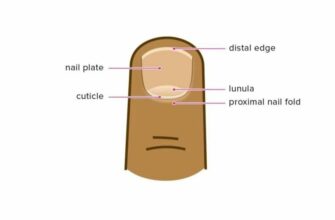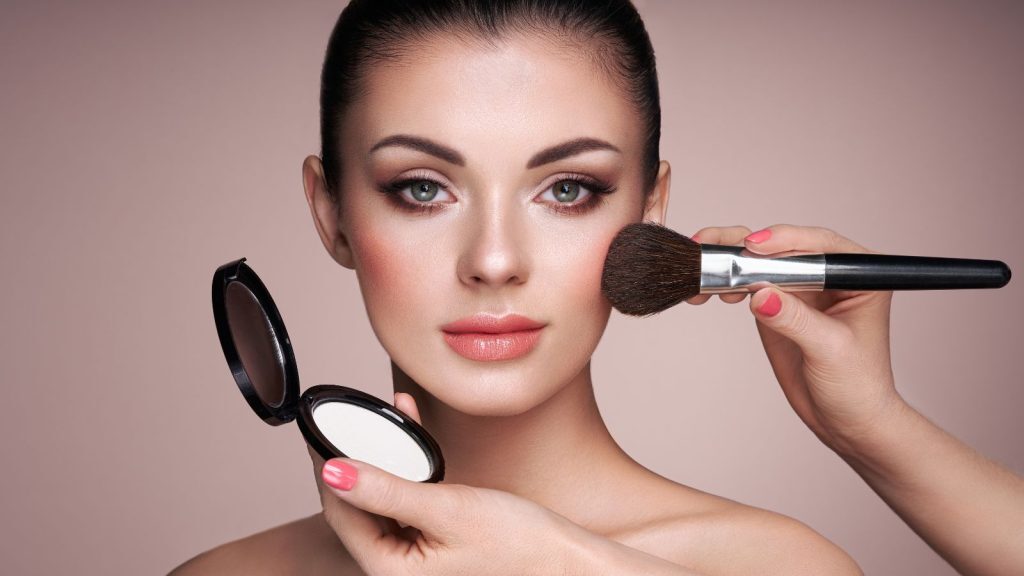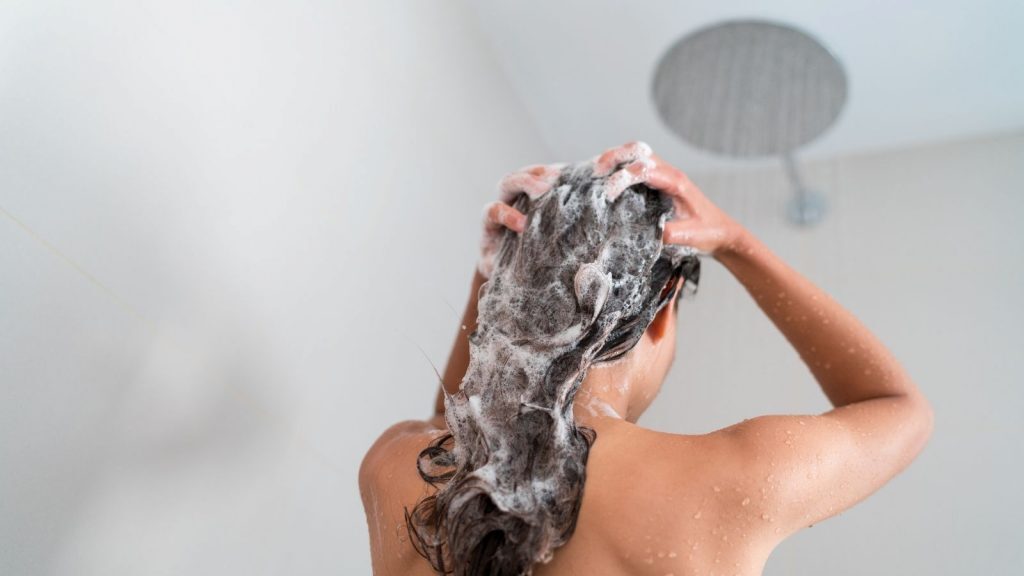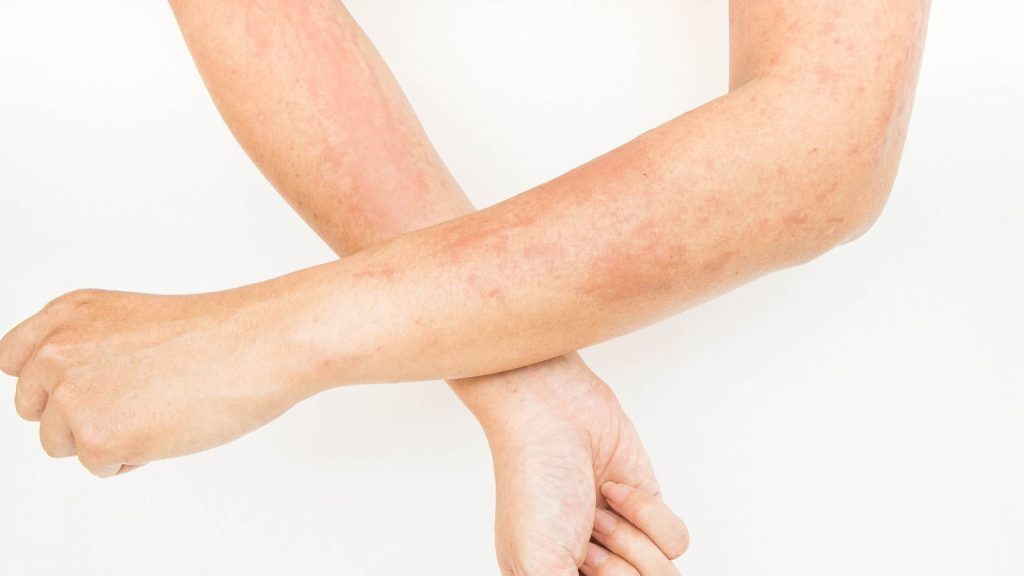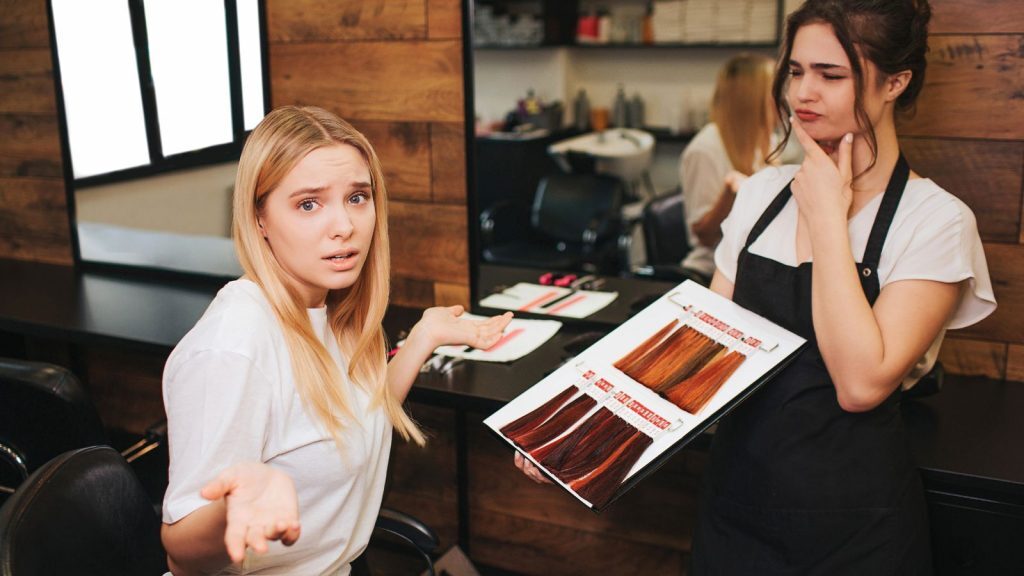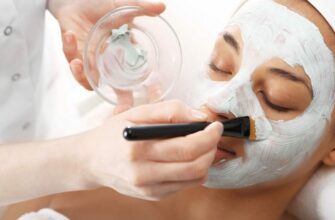People having Asian skin tones have different skin care concerns. For those with darker skin, the main concern is sun protection. They need to apply high-SPF sunscreen every day to protect against UVA and UVB rays.
However, people with white skin should avoid sun damage and keep their skin looking young and healthy.
There are a variety of skincare products on the market that address these concerns, but it can be tricky to find the right ones for your individual needs. Being a beauty expert, I am here to share some of the best tips you can try for a flawless Asian skin tone.
- What is Asian skin tone?
- Fitzpatrick skin type for Asian-What is your skin type
- What color looks best on Asian skin tone?
- What color undertones does Asian skin have?
- What skin type do Asians have?
- Do Asians have melanin?
- Asian Skin Groups
- East Asian
- West Asian
- North Asian
- South Asian
- Southeast Asian
- Central Asian
- Asian skin tone problems
- Uneven skin tone
- Dark spots
- Acne scars
- Dull skin
- Dryness
- Skincare tips for Asian skin tones
- Avoid harsh cleansers
- Use a moisturizer
- Use a sunscreen
- Exfoliate regularly
- Get enough sleep
- Drink plenty of water
- Eat a healthy diet
- What are the best clothing colors for Asian skin tones?
- What are the best contours for Asian skin?
- What is the best hair color for a yellow skin tone Asian?
- What is the best hair color for an Asian skin tone?
- What is the best concealer for Asian skin tone?
- Does it look to Asians with natural blonde hair?
- Asian skin vs caucasian skin, which one is better?
- Why do Asians have good skin?
- What is the best highlighter for Asian skin?
What is Asian skin tone?
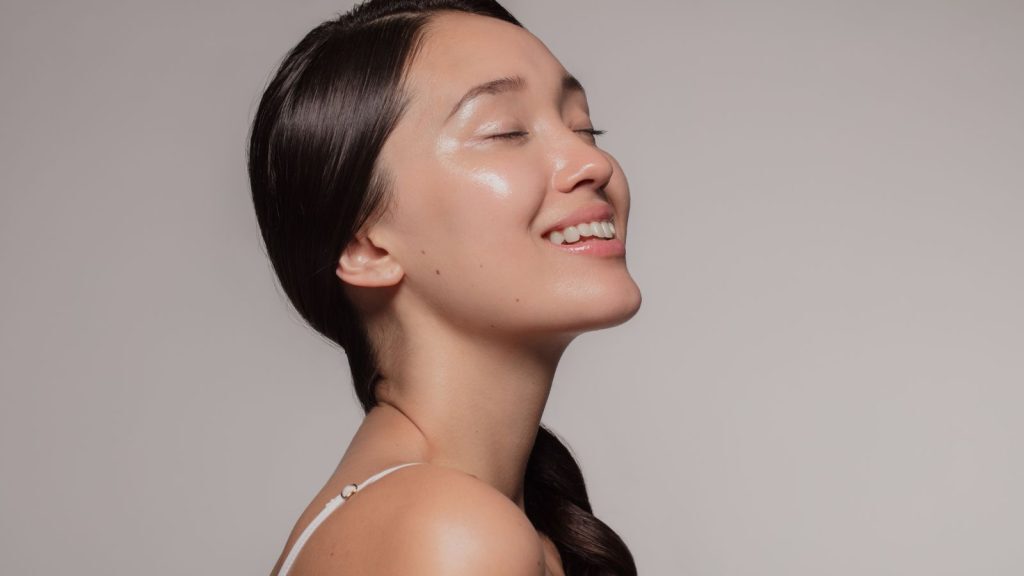
Asian skin tone” can refer to a wide range of skin hues. Asian skin tones are relatively light, with yellow or olive undertones. The reason is that Asians have less melanin in their skin than people of other racial groups.
As a result, Asians are more susceptible to sun damage and skin cancer. However, they also tend to have a lower risk of developing wrinkles and age spots.
Fitzpatrick skin type for Asian-What is your skin type
There are many different types of skin, and each person’s skin is unique. However, you may find some general categories to describe different types of skin.
One system that is often used is the Fitzpatrick skin type scale. This scale has six different types, from type I (the lightest) to type VI (the darkest). Asians typically have Fitzpatrick skin types III, IV, or V. This means that they have relatively light skin that may be sensitive to sun exposure.
People with Fitzpatrick skin type III may be able to tan if they are exposed to the sun gradually. However, those with type IV or V will usually burn before they tan.
It is important to know your Fitzpatrick skin type to choose the right skincare products and protect your skin from the sun. If you want to know about Fitzpatrick’s term, you must read our post about Fitzpatrick’s skin type.
What color looks best on Asian skin tone?
Asian skin tone people have a yellow or olive undertone. Against this background, certain colors will tend to stand out more than others. Lighter colors work well with pale skin, while darker colors are better suited for darker skin.
However, the best way to find out what looks best is to experiment with different shades and see what works best for you.
What color undertones does Asian skin have?
People with Asian skin have a wide range of undertones, from yellow to pink to olive. When choosing the best colors for Asian skin, it’s important to consider your undertone. If you have a yellow undertone, look for colors that will bring out the warm tones in your skin.
If you have a pink or red undertone, choose colors that will enhance the natural rosiness of your complexion. And if you have an olive undertone, go for colors that will make your skin look radiant and healthy.
What skin type do Asians have?
Asian skin has a yellow or peach undertone, which is why many Asians prefer Asian skin tone color codes that contain a yellow or peachy base. This is also why many BB and CC creams contain a yellow tint – to better match the natural undertone of Asian skin.
Asian skin is also generally less oily than other skin types. Asian women have been known to use rice water as a natural cleanser and toner for centuries.
Do Asians have melanin?
Asian skin tones can range from very light to very dark, depending on factors such as exposure to sunlight and geographic location. While it is true that some Asians have very little melanin, this is by no means universal.
There are many Asians who have relatively high levels of melanin, resulting in darker skin tones.
Asian Skin Groups
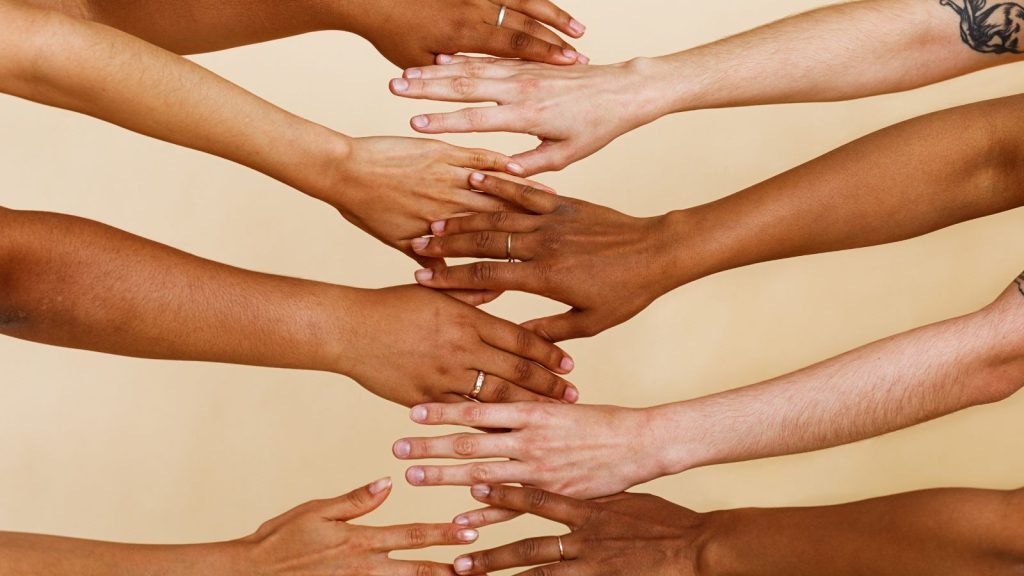
East Asian
East Asian skin typically has a yellowish or olive tone and is characterized by high levels of melanin. East Asian skin is also relatively thin and delicate and is more susceptible to damage from UV radiation. Common skin concerns for East Asians include acne, dark spots, and dryness.
West Asian
West Asian skin typically has a fair to light complexion and is characterized by moderate levels of melanin. West Asian skin is thin and delicate. Common skin concerns for West Asians include acne, dark spots, and dryness.
North Asian
North Asian skin typically has a fair to light complexion and is characterized by low levels of melanin. North Asian skin is also relatively thick and resistant to damage from UV radiation. Common skin concerns for North Asians include wrinkles, sagging, and dullness.
South Asian
South Asian skin typically has a brown or black complexion that includes high levels of melanin. South Asian skin is also relatively thick and resistant to damage from UV radiation. Common skin concerns for South Asians include dark spots, uneven texture, and dullness.
Southeast Asian
Southeast Asian skin typically has a brown or black complexion and is characterized by moderate levels of melanin. Southeast Asian skin is also relatively thick and resistant to damage from UV radiation.
Common skin concerns for Southeast Asians include dark spots, uneven texture, and dullness.
Central Asian
Central Asian skin typically has a brown or black complexion and is characterized by high levels of melanin. Central Asian skin is also relatively thick and resistant to damage from UV radiation. Common skin concerns for Central Asians include dark spots, uneven texture, and dullness.
Asian skin tone problems
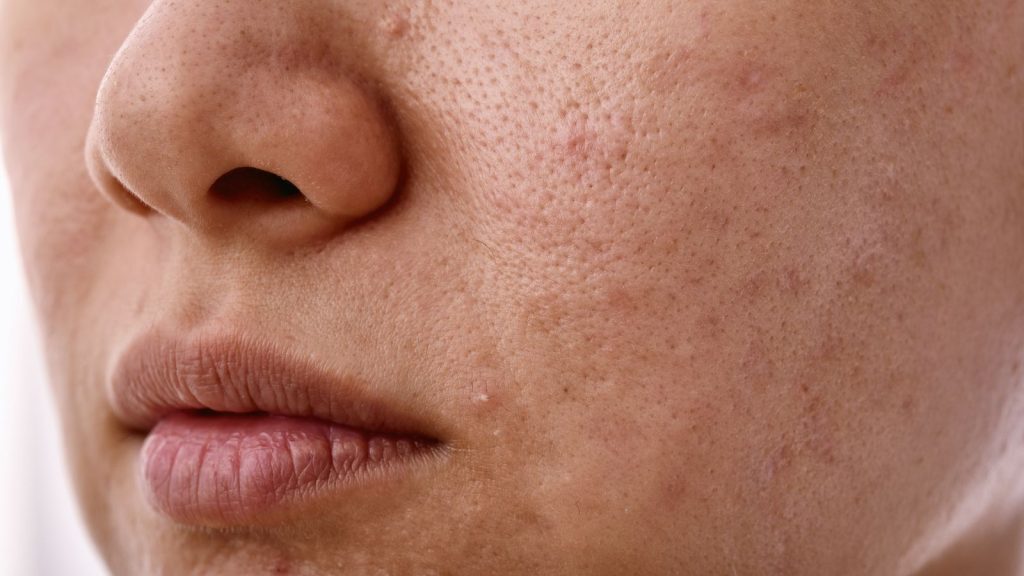
Uneven skin tone
One of the most common skin tone problems among Asians is uneven skin tone. It can be caused by a variety of factors, including sun damage, acne, and melasma.
Dark spots
Dark spots are another common skin tone problem among Asians. These spots are usually caused by sun damage or acne and can be difficult to get rid of. Some prescription products can help to lighten dark spots, but many Asian women prefer to use natural remedies.
Acne scars
Acne scars are another common skin tone problem among Asians. These scars can be caused by a variety of factors, including genetics, hormones, and diet.
Dull skin
Dull skin is another common skin tone problem among Asians. There are several factors, including sun damage, pollution, and dehydration. At the same time, several over-the-counter and prescription products can help to brighten dull skin.
Dryness
Dryness is another common skin tone problem among Asians. It can happen due to weather conditions, cleansing habits, and genetics. You need to use prescription products to hydrate dry skin.
Skincare tips for Asian skin tones
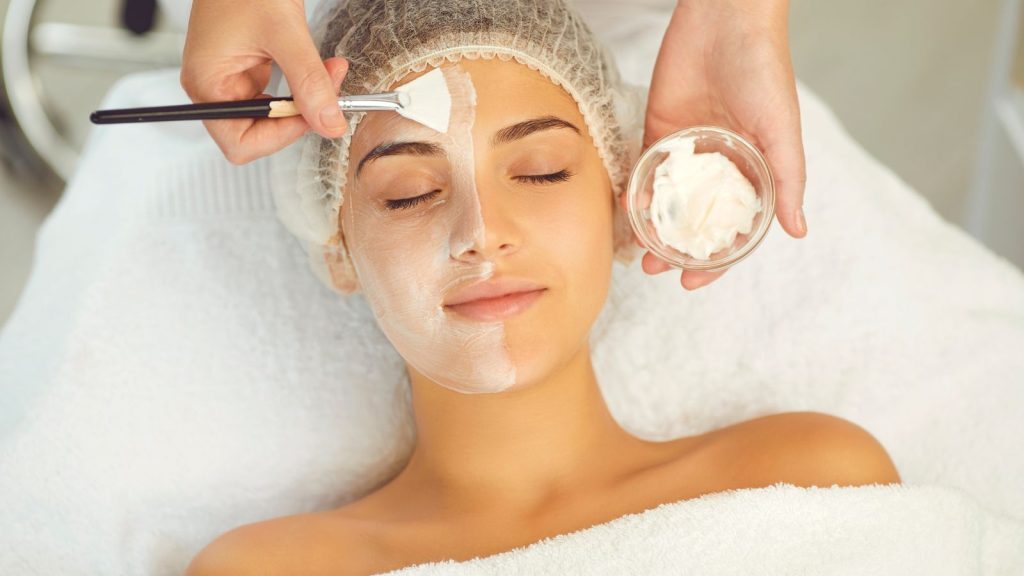
Avoid harsh cleansers
One of the most important skincare tips for Asian skin tones is to avoid harsh cleansers. Harsh cleansers can strip the skin of its natural oils, leaving it feeling dry and irritated. Instead, opt for a gentle cleanser that will cleanse the skin without stripping it of its moisture.
Use a moisturizer
Another important skin care tip for Asian skin tones is to use a moisturizer. Moisturizers help to hydrate the skin and prevent it from becoming dry and dull.
Look for a moisturizer that contains ingredients such as hyaluronic acid or glycerin that will help to lock in moisture and keep the skin looking plump and hydrated.
Use a sunscreen
Asian skin tones are also susceptible to sun damage, so it’s important to use sunscreen with an SPF of at least 30. Be sure to apply sunscreen generously and reapply every two hours or more often if you are sweating or swimming.
Exfoliate regularly
Exfoliating the skin regularly is another important skin care tip for Asian skin tones. Exfoliating helps to remove dead skin cells and brighten the complexion. Look for an exfoliator that contains gentle ingredients such as jojoba beads or rice bran powder, which will not irritate the skin.
Get enough sleep
Getting enough sleep is one of the best things you can do for your skin, no matter what your skin tone is. When you don’t get enough sleep, your body produces more of the stress hormone cortisol, which can lead to breakouts and premature aging. Aim to get seven to eight hours of sleep each night.
Drink plenty of water
Drinking plenty of water is essential for all skin types, but it’s especially important for those with Asian skin tones. Water helps to flush out toxins from the body and keep the skin hydrated from the inside out. Aim to drink eight glasses of water each day for optimal results.
Eat a healthy diet
Eating a healthy diet is another important skin care tip for Asian skin tones. A diet rich in fruits, vegetables, and healthy fats will help to nourish the skin and give it a radiant glow.
What are the best clothing colors for Asian skin tones?
There are a few different ways to find the best clothing colors for Asian skin tones. One is to use the Asian skin tone color code, which assigns a number to each skin tone. The higher the number, the darker the skin tone.
Another way to find the best colors for Asian skin tones is to experiment and try different combinations. Some people prefer bright colors, while others prefer more muted or neutral shades. Ultimately, it is up to each individual to decide what looks best on them.
What are the best contours for Asian skin?
Asian skin has a unique set of contours that can be difficult to replicate with standard makeup products. However, there are a few tips and tricks that can help you achieve the perfect look. First, it’s important to start with a clean, moisturized face.
This will help your makeup go on smoothly and prevent creasing. Next, use a foundation or concealer that is one or two shades lighter than your natural skin tone. It will help to brighten up your face and give you a more youthful appearance.
What is the best hair color for a yellow skin tone Asian?

If you have yellow undertones in your skin, you might be wondering what the best hair color is for you. While there are a variety of shades that can complement your skin tone, one option to consider is ash brown.
This cool-toned shade has a mix of grey and brown tones, which can help to neutralize any yellow hues in your skin. If you want to add a bit of dimension to your hair, consider highlights in a similar shade of ash brown.
Another option for those with yellow undertones is to go for a warm caramel color. This shade has golden tones that can help to give your skin a healthy glow.
What is the best hair color for an Asian skin tone?
There are a few factors to consider when choosing the best hair color for an Asian skin tone. First, consider the undertone of your skin. If you have a warm undertone, opt for a hair color with golden or reddish tones. If you have a cool undertone, go for an ashier shade.
You should also take into account the natural color of your hair. If you have dark hair, you may want to go for a high-contrast look by choosing a very light or very dark hair color. If you have lighter hair, you can experiment with more subtle colors.
What is the best concealer for Asian skin tone?
When it comes to finding the perfect concealer, Asian skin tone can be a bit tricky. On the one hand, you want something that will effectively cover up blemishes and dark circles. On the other hand, you don’t want a product that is too heavy or cakey.
The key is to find a concealer with yellow undertones, as this will help to neutralize any redness or darkness. In addition, it is important to choose a concealer that is long-wearing and won’t crease or rub off throughout the day.
Does it look to Asians with natural blonde hair?
Asians with natural blonde hair are quite rare, so they tend to stand out in a crowd. This can be both a good and bad thing, depending on the situation. On the one hand, it can be nice to be unique and to have people compliment you on your unusual hair color.
On the other hand, you may sometimes feel like you don’t fit in with your Asian peers, and people may stare at you or make comments about your hair without meaning to be rude.
Asian skin vs caucasian skin, which one is better?
It’s a common misconception that Asian skin is better than Caucasian skin. While it’s true that Asian skin may have more even pigmentation and be less likely to develop wrinkles, there are also several disadvantages to having this type of skin.
For example, Asian skin is more prone to developing acne and is also more sensitive to the sun. Additionally, because Asian skin is thinner than Caucasian skin, it is also more likely to show signs of aging sooner.
Why do Asians have good skin?
While several factors can contribute to good skin health, diet is one of the most important. And when it comes to healthy eating, few cultures can match the traditional Asian diet.
Asian cuisine is typically heavy on fruits, vegetables, and fish, all of which are packed with skin-friendly nutrients like vitamins A and C, antioxidants, and omega-3 fatty acids.
In addition, the typical Asian diet is relatively low in sugar and dairy, both of which can cause inflammation and exacerbate skin problems like acne.
What is the best highlighter for Asian skin?
The best highlighters for Asian skin are ones that have a pale champagnes hue. They should also be highly pigmented so that they provide a noticeable glow.

